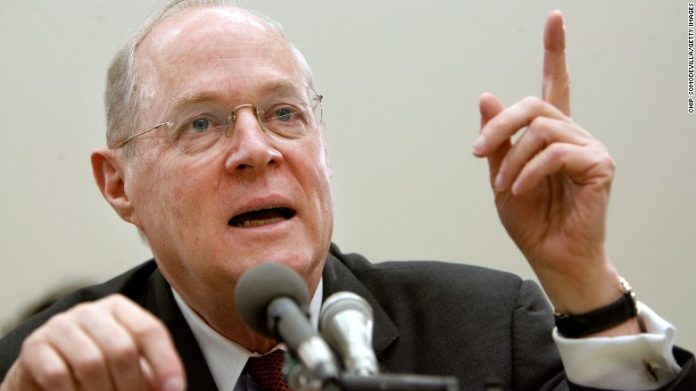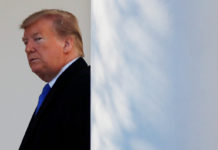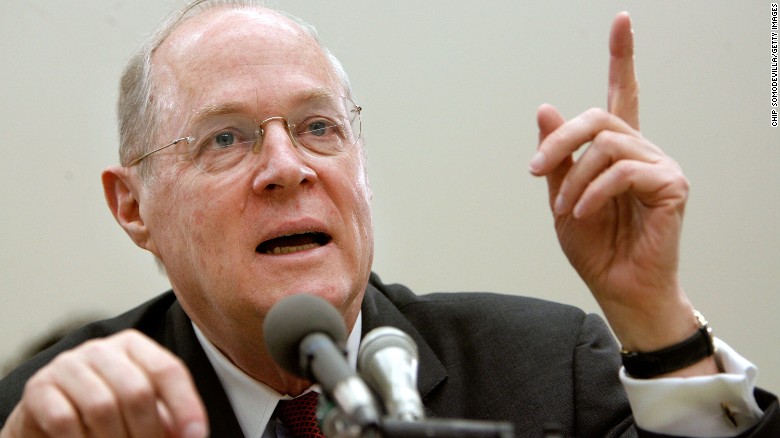
Washington (CNN)Last year, Justice Anthony Kennedy traveled to the White House, robes and all, and found himself in a familiar spot: the center of attention.
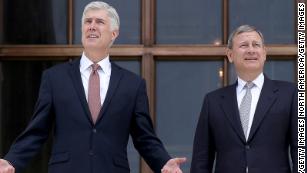
The assembled audience was there for the swearing in of Justice Neil Gorsuch, but many eyes were trained on Kennedy, who like no other justice in recent history controls the outcome of the highest profile cases before the court.
Kennedy’s role that day was to deliver the oath to his former clerk, but some of the judicial conservatives assembled in the Rose Garden were wondering if Kennedy might soon provide them with the opportunity to return to their vetting binders. Would he retire and give President Donald Trump a second vacancy and the chance to cement a conservative majority on the court for decades to come?
A few weeks later, even the President got pulled in to the guessing game: “I’ve heard the same rumors that a lot of people have heard,” he said from the oval office, according to the Washington Times.
In the end, Kennedy made no announcement. After almost 30 years on the highest court in the land, he determined he wasn’t quite finished.
Now, as retirement speculation ramps up again, court watchers wonder what went into his calculation for staying on the bench last term — and if anything’s changed since then.
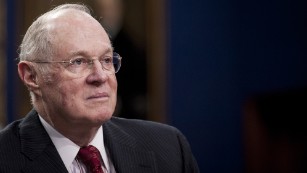
Significant cases facing the court could have served as the siren call, or maybe Kennedy felt the weight — and pull — that one of his colleagues called the “awesome responsibility” of holding the critical vote for the biggest cases. It’s conceivable he was spooked by the volatile first few months of the Trump administration, or perhaps retirement is easier to contemplate than to execute.
Whatever motivated Kennedy to stay, conservatives waiting for a chance to push the court to the right were disappointed. And liberals, even though they have been on the losing end of Kennedy votes on issues such as campaign finance and the Second Amendment, now cling to him. He has, after all, given them victories in LGBT rights, abortion access, affirmative action and his replacement under the Trump administration would surely be much younger and more conservative.
There is no underestimating his impact. Kennedy was in the majority for 97% of all cases during the 2016-17 Supreme Court term, according to statistics compiled by Scotusblog. In cases where judges were divided, Kennedy was in the majority 93% of the time, by far the highest percentage of the nine justices.
The speculation about Kennedy’s future comes as the justices are considering an unusual number of extraordinarily consequential cases where his vote and input will be critical.
For example, partisan gerrymandering is front and center. The Supreme Court has never been able to articulate a test concerning the overreliance on politics in map drawing.
Back in 2004, the court rejected a challenge to a political gerrymander in Pennsylvania. While four justices believed that courts should never hear such cases, Kennedy held the door open in a separate opinion.

